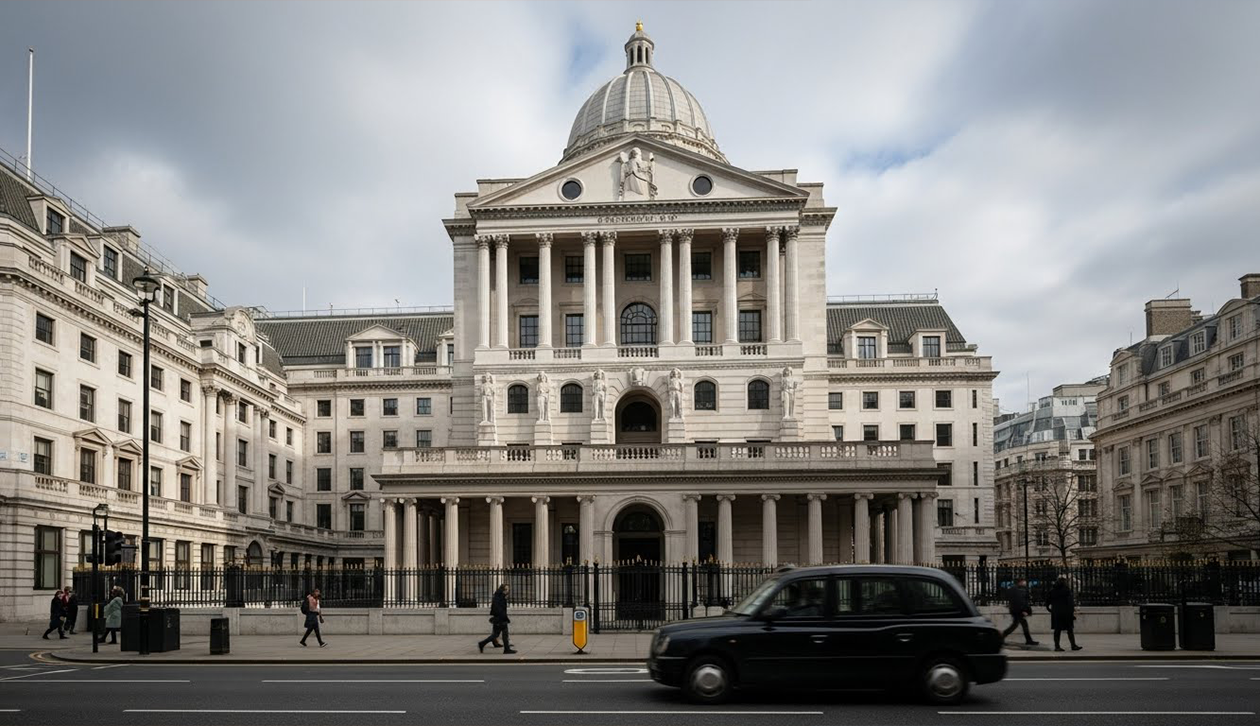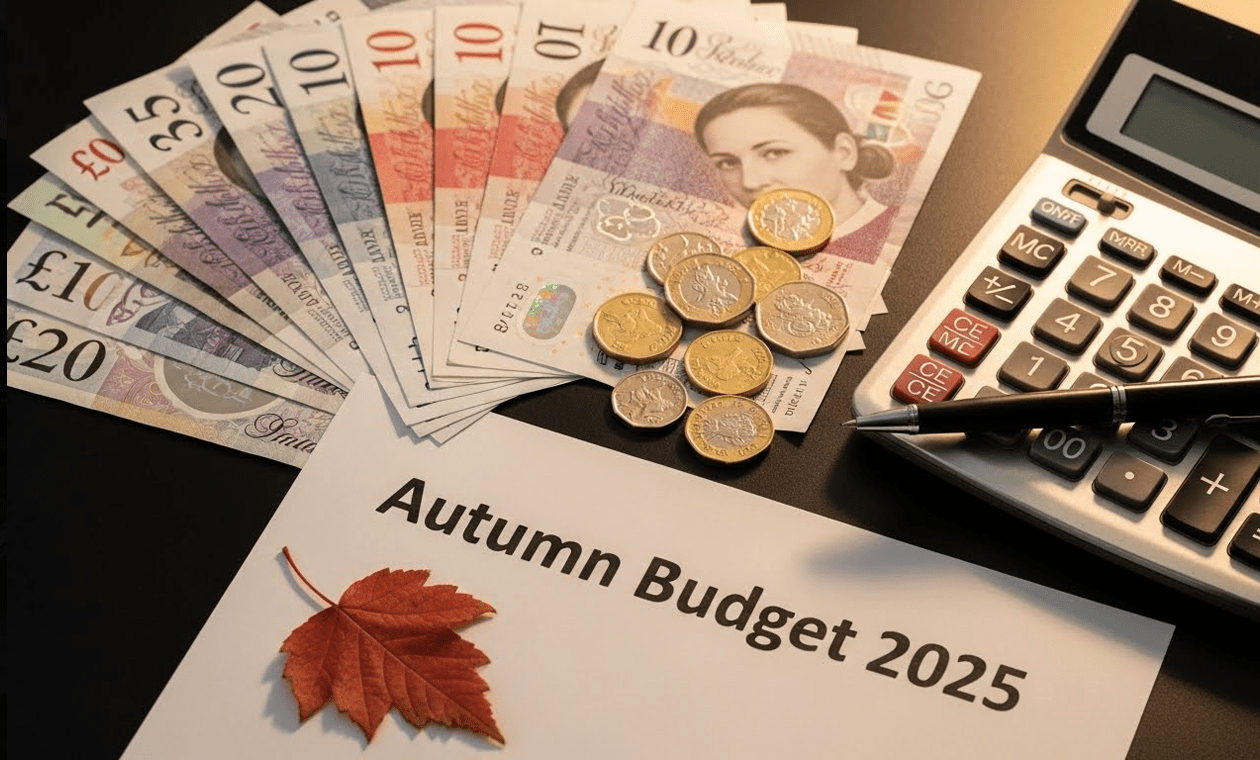Contents
With the growth of the gig economy, an increasing number of people are balancing full-time employment with part time side hustles. This guide will explain the key aspects of freelancers tax UK and strategies to minimise your tax liability.
What Is Freelancing in the UK?
Freelancers and self-employed individuals both pay income tax and National Insurance Contributions (NICs), but the key difference lies in scale and scope. While both groups work independently, freelancers take on shorter-term projects or contracts, making their income less consistent than that of self-employed individuals who run their own businesses with ongoing revenue streams. According to a 2024 study, 7.4 million people in the UK are freelancing, either part-time or full-time.
Examples include designing websites, writing content, photography, event planning, translation, personal training etc.

Freelancer vs. Self-Employed
Freelancers are a subset of the self-employed. Both groups work independently, but freelancers typically work on a smaller scale. Self-employment is a broader category that encompasses individuals who run their own businesses, whether large or small.
Due to their smaller-scale operations, freelancers benefit from a tax advantage. If their annual income from self-employment falls below the £1,000 trading allowance, they are not required to register for self-assessment tax returns.
In contrast, self-employed individuals, including sole traders and business owners often manage larger operations. They may have additional tax responsibilities, such as VAT, corporation tax, CGT and payroll taxes if they employ staff.
How Much Tax Do Freelancers Pay UK 2024/25?
Freelancers in the UK are subject to various taxes for the 2024/25 tax year. These include income tax, class 2 National Insurance Contributions (NICs), and class 4 NICs. For the 2024/25 tax year, all individuals are entitled to a personal allowance of £12,570.
Freelancers can also benefit from the £1,000 trading allowance, which applies to income earned outside of employment. This allowance is particularly useful for those with small-scale freelance or side hustle income. Here is how it works:
- If your annual freelance income is £1,000 or less, you do not need to pay tax on it.
- If your income exceeds £1,000, you can deduct the trading allowance from your total income before calculating taxable profits.
For profits above the personal allowance, the following tax rates apply:
Income Tax
For the 2024/25 tax year, the income tax bands for self employed are as follows:
- £12,571–£50,270: 20% (basic rate).
- £50,271–£125,140: 40% (higher rate).
- Above £125,140: 45% (additional rate).
National Insurance Contributions (NICs)
As of April 2024, the primary rate for National Insurance Contributions (NICs) for self employed is 8%. Here are the new rates you should know about:
- Class 2 NICs: Voluntary payment of £3.45 per week for profits below £6,725. No payment is required for profits between £6,725 and £12,569.
- Class 4 NICs:
- 6% on profits between £12,570 and £50,270.
- 2% on profits above £50,270.
Tip for Freelancing Contractors: Ensure your IR35 status is accurate. If working for a small company, you are responsible for determining and declaring your status for tax purposes.
How to Register as a Self-Employed in the UK?
If your freelance income exceeds the £1,000 trading allowance, you will need to register yourself as a sole trader by visiting HMRC self-employment registration page online.
Here is the process you must follow:
- Create a Government Gateway Account: Visit the HMRC website to create a Government Gateway account if you do not already have one.
- Register for Self-Assessment: Use your Gateway account to register for self-assessment. This is essential for submitting your annual tax returns.
- Receive Your Unique Taxpayer Reference (UTR): HMRC will issue a 10-digit UTR number, which you will need for all correspondence regarding your taxes.
- Choose a Business Structure: Decide whether you will operate as a sole trader, partnership, or limited company.
For more details, check out our guide on how to register as self employed in 5 minutes flat!
Once registered, you will be enrolled in the Self Assessment system and then you may begin filing your annual tax returns.
Staying organised after registration is important. Keep detailed records of your freelance income and expenses. Set aside money for tax payments, as these will not be automatically deducted from your earnings.
Allowable Expenses for Freelancers
One of the advantages of being a freelancer in the UK is the ability to claim tax deductions on expenses that are essential for your work. These deductions reduce your taxable income, ultimately lowering the amount of tax you need to pay. Below is a guide to common deductible expenses for freelancers.
1. Business Expenses
You can claim the cost of items and services directly related to your freelance work, such as:
- Office Supplies: Stationery, pens, and paper.
- Technology Costs: Laptops, software, and mobile phones (if used for business purposes).
- Professional Fees: Memberships to professional bodies or subscription services.
- Advertising and Marketing: Costs for promoting your business, such as website hosting and social media ads.
2. Home Office Costs
If you work from home, you can claim a portion of your household bills, such as:
- Electricity and heating.
- Internet and phone services.
- Rent or mortgage interest (calculated based on the percentage of your home used for work).
Learn more from our article: Do You Get Tax Relief Working from Home in the UK?
3. Travel and Transportation
- Vehicle Costs: You can claim either a proportion of your car’s running costs (fuel, insurance, and maintenance) or use HMRC’s simplified mileage rates.
- Public Transport: Train, bus, or taxi fares for business-related journeys.
- Accommodation: Hotel costs for business trips.
4. Professional Development
Costs for improving your skills or gaining qualifications directly related to your freelance work are deductible. This includes training courses, workshops, and educational materials.
5. Depreciation of Assets
For high-value items like computers or machinery, you can claim a portion of their cost over several years through capital allowances.
6. Other Allowable Expenses
- Work-Related Subscriptions: Magazines, journals, or online tools relevant to your trade.
- Protective Clothing: Uniforms or safety equipment required for your job.
- Childcare Costs: While not directly deductible, tax relief is available through schemes like Tax-Free Childcare if you are self-employed.
- Legal and Financial Costs:
- Solicitor fees for business contracts.
- Costs of preparing and filing tax returns by an accountant.
- Bad Debts: If a client fails to pay, you may be able to claim the unpaid amount as a deductible loss.
- Insurance: Business insurance or professional indemnity coverage.
- Bank Fees: Costs for business banking accounts.
- Accountancy Services: Hiring an accountant or subscribing to accounting software.
VAT Considerations
Freelancers in the UK should also be aware of Value Added Tax (VAT) and additional expenses that may qualify for deductions. These factors can have a significant impact on your tax liability and overall financial management.
1. VAT Considerations
- VAT Registration Threshold: Freelancers must register for VAT if their annual turnover exceeds £90,000. You can also register voluntarily, which may be beneficial if you primarily work with VAT-registered businesses.
- VAT Schemes:
- Standard VAT Accounting: Submit VAT returns quarterly, charging VAT on sales and reclaiming VAT on expenses.
- Flat Rate Scheme: Pay a fixed percentage of your turnover as VAT, simplifying calculations but limiting the amount you can reclaim.
- VAT Rates:
- Standard rate: 20%.
- Reduced rate: 5% (e.g., some energy-efficient goods).
- Zero rate: 0% (e.g., certain books and children’s clothing).
Simplified Expenses Option
For freelancers working from home or using vehicles, HMRC offers a simplified expenses system, allowing you to claim flat rates instead of calculating exact costs. Here are the main areas where simplified expenses can be claimed:
- Vehicle Expenses: You can claim a fixed rate per mile for business mileage.
- Working from Home Expenses: You can claim a fixed rate per month based on the number of hours you work from home.
- Living at Business Premises: If you live at your business premises, you can claim a fixed rate per month.
For example:
- Home Office: £10 per month for 25–50 hours of work per week.
- Vehicles: 45p per mile for the first 10,000 miles, then 25p per mile.
To use the simplified expenses system, you will need to keep records of the relevant information. You can then use the HMRC flat rates to calculate your allowable expenses and include them in your Self-Assessment tax return.
Capital Gains Tax for Freelancers UK 2024/25
Capital gains tax applies when freelancers sell or dispose of assets used for their freelance work or personal investments, and the sale results in a profit exceeding the tax-free allowance. For the 2024/25 tax year, the annual CGT allowance has been reduced to £3,000 for individuals. Any gains above this amount are subject to taxation.
Assets That May Trigger CGT
Freelancers might encounter CGT when selling:
- Equipment or tools no longer needed for their work (e.g., high-value cameras or computers).
- Investment assets, such as shares or property, unrelated to their primary residence.
- If you own shares in a limited company, you may need to pay CGT when you sell them.
New CGT Rates for Freelancers
- 18% for basic-rate taxpayers.
- 24% for higher- and additional-rate taxpayers.
- For residential property gains, rates are 18% on the portion of the gain that falls within your basic rate tax band and 28% on the portion that exceeds it.
Freelancers Tax UK: What You Need to Know for 2024/2025
The 2024/25 tax year begins on 6 April 2024 and ends on 5 April 2025. The income tax thresholds have been the same since the 2021/22 tax year and will remain unchanged until the end of the tax year as part of the government’s policy to stabilise public finances.
Good news: HMRC is broadening the scope of Making Tax Digital (MTD) for income tax, requiring many freelancers to report income and expenses quarterly via compatible software. By 2027, all VAT-registered businesses and self-employed individuals will be required to keep digital records and submit tax returns electronically.
Deadline for Freelancers’ Self Assessment Tax return
For freelancers filing for the 2024/25 tax year, here are some important deadlines to keep in mind:
- Self Assessment registration: 5 October
- Paper tax return deadline: 31 October
- Online tax return deadline: 31 January
- Tax bill payment: 31 January
- Second payment on account: 31 July
Advance tax payments, known as ‘payments on account,’ are split into two instalments each tax year, due on 31 January and 31 July. Late filing incurs penalties, and interest is applied to overdue payments
FAQs on Freelance Taxation UK
You cannot earn any amount of freelance income without reporting it to HMRC. If you earn over £1,000 per year, you must register as self-employed and file a Self Assessment tax return.
You should reach out to HMRC as soon as you realise you cannot pay on time. HMRC is often willing to work with taxpayers to set up a Time to Pay Arrangement, which allows for manageable instalments over time. However, this option applies only to incorporated companies registered with Companies House.
If you have missed the Self Assessment tax return deadline as a freelancer, you will be charged an immediate £100 penalty, with additional charges for prolonged delays.
MTD for Income Tax requires freelancers to submit quarterly updates via digital accounting software, helping HMRC track income and expenses more efficiently.
Get Professional Help with Your Taxes
Handling freelancers tax UK all by yourself can be time consuming and stressful. Especially when you are juggling work, deadlines, and personal commitments. It is easy to feel overwhelmed by terms like IR35, VAT, and the constant worry of getting something wrong. At Legend Financial, we understand the challenges you face because we have worked with countless freelancers just like you.
Let us help you simplify your tax returns, maximise your savings, and feel confident about your tax obligations.
Reach out today, and let us make this tax season stress-free for you!











